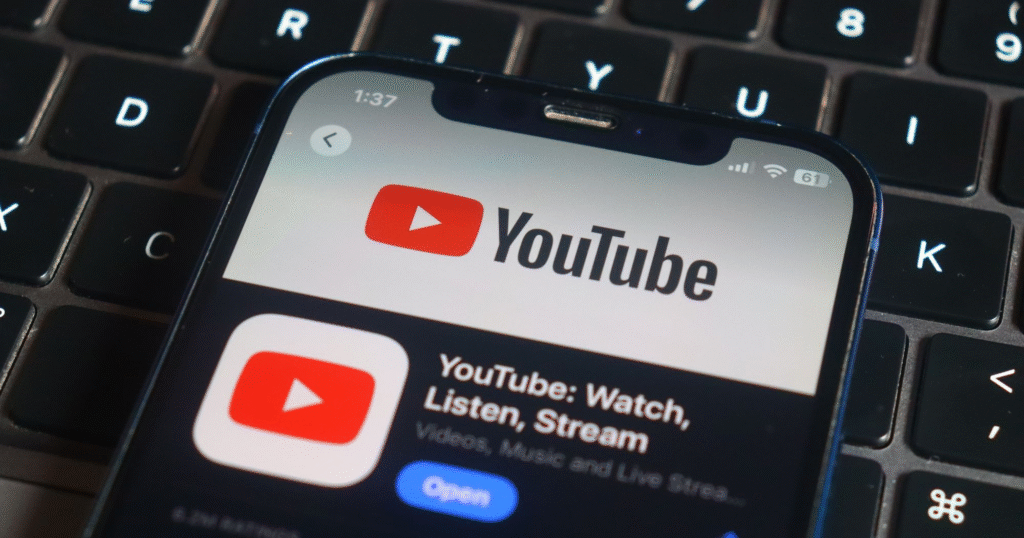Microsoft’s Windows 11 Becomes World’s Leading Desktop OS, Surpassing Windows 10
Microsoft’s Windows 11 has officially overtaken Windows 10 to become the most widely used desktop operating system globally. This milestone comes almost four years after its first release in October 2021, which was a big change for PCs. Windows Central shared the most recent data from StatCounter, which shows that Microsoft’s Windows 11 now has 52% of the global desktop OS market. This is more than Windows 10, which has dropped to 44.59%.

This change needs to happen at the right time because Windows 10 will no longer be supported after October 14, 2025. Microsoft has been slowly pushing people to switch, and it looks like that push is finally working.
Steady but Slow Rise for Microsoft’s Windows 11
Microsoft’s Windows 11 is now the most popular operating system, but it hasn’t always been easy for it to get there. Even though it quickly became popular with gamers (it was the most popular OS on gaming platforms by September 2023), it took longer for the general public to switch to the new version. Windows 10 reached 400 million devices in its first year, but Windows 11 took two full years to reach the same number.
One of the biggest hurdles has been the system’s strict hardware requirements. Unlike previous versions, Microsoft’s Windows 11 demands newer CPUs and features like TPM 2.0, leaving many older PCs ineligible for the upgrade. While free upgrades were available for Windows 10 users, many couldn’t benefit due to hardware incompatibilities.
Microsoft’s Push to Drive Windows 11 Adoption
Microsoft has used a number of strategies to get more people to use their products. These include full-screen prompts to upgrade on older systems and the promise of longer security updates. Microsoft recently said that people who turn on Windows Backup and sync their files with OneDrive will get an extra year of free security support after Windows 10 support ends.
People who don’t want to use cloud services can choose between paying $30 for more security or using 1,000 Microsoft Rewards points.
Even though people didn’t want to at first, the company’s efforts seem to be working. But we don’t know what the long-term effects will be of making people upgrade or buy new hardware. Many users and analysts still wonder if the stricter requirements were needed or if they were unfair.
Windows 11 from Microsoft is becoming the most popular operating system. This shows both the company’s aggressive upgrade strategy and the changing needs of modern computing. The next year will show how easy it is for users to switch and whether the change is really good for everyone.











